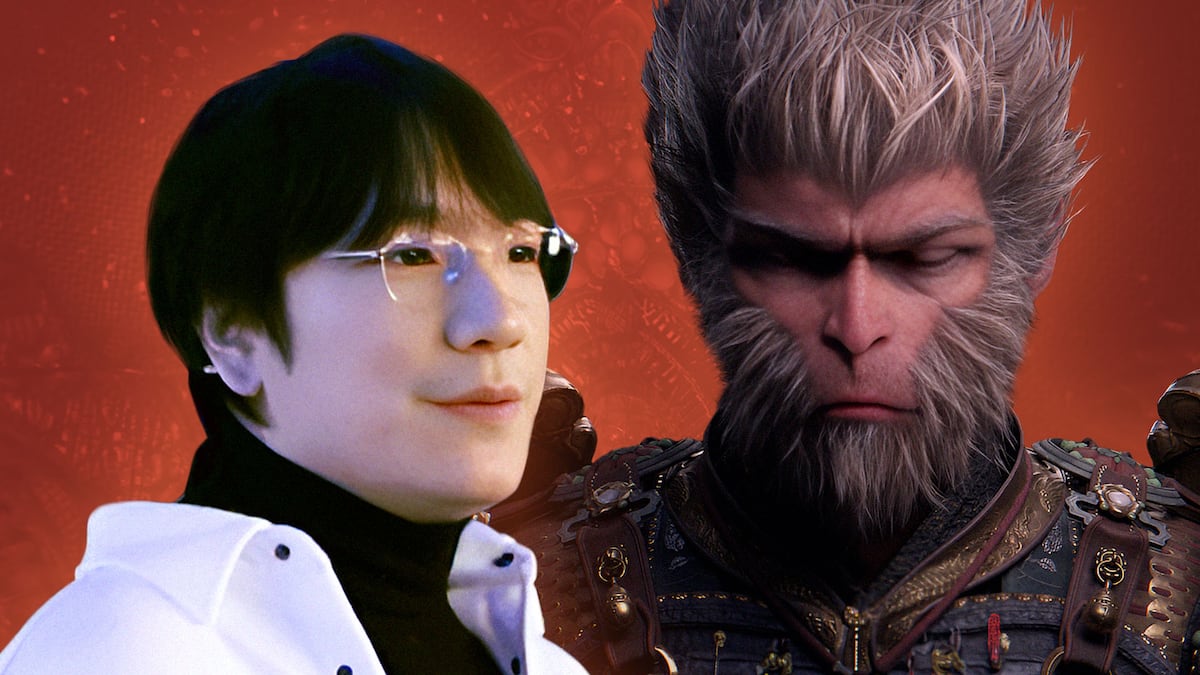- Dan Wu said blockchain firms don't make good games.
- Investors are piling into web3 gaming ventures despite the lack of hits.
- Black Myth: Wukong is so hot right now you can play it in Chinese nightclubs.
Dan Wu doesn’t like web3 games.
The CEO of Hero Games and an early investor in Game Science — the studio behind the new web2 blockbuster Black Myth: Wukong — said he had seen a lot of game industry entrepreneurs pivoting to web3 after it came out.
But he remains sceptical of web3′s value.
“I would never invest in those people,” he said in an interview with Chinese angel investment company Zhen Fund on Monday.
“They don’t love games, so how can they make good games? It’s a very simple truth,” he added.
Wu’s comments did not go down well with those working in web3 gaming.
Silly notion
“It’s a really silly notion that web3 entrepreneurs don’t love games,” Gabby Dizon, the founder of Yield Guild Games, told DL News.
“There are plenty of both new and longtime game developers that are looking for innovation in the game industry by adding web3 elements,”
Based on the Chinese classic Journey to the West, Black Myth: Wukong, has broken records since its launch on August 20.
With 2.4 million users, it’s the second ranked game on Steam by concurrent players, after PUBG: Battlegrounds. Black Myth: Wukong is already outpacing blockbusters such as Counter-Strike 2, Dota 2, and Elden Ring.
It’s so hot right now that you can even play the game in nightclubs in Shanghai.
And more than 1.1 million gamers tried to reserve physical copies on Chinese ecommerce site JD.com.
Heralded as China’s “first AAA game,” Black Myth: Wukong is viewed as a watershed moment for the nation’s gaming industry, which has historically been dominated by mobile titles.
Shrinking cadre
Yet he might be part of a shrinking cadre of gaming investors who think so.
Despite web3 gaming’s underperformance, investors poured $1.1 billion into the sector in the second quarter, a 314% increase from the previous quarter and the best performance since the third quarter of 2022, according to a July report by DappRadar.
Notable investors have continued to show confidence in the space. A16z raised $600 million for a gaming fund dedicated to supporting game studios, while Bitkraft Ventures launched a $275 million fund for early-stage investments in gaming and interactive media.
The influx of capital into web3 doesn’t guarantee that gamers will follow.
Dizon points to games like Parallel that he says are enjoyed both by people who are playing the game free-to-play and by web3 gamers that are looking for asset ownership to enhance their game experience.
Blockchain games account for 28% of all dApp activity and attract around 2.8 million active wallets per day. That said, wallet activity does not necessarily equate with the actual playing of a game.
The influx of capital into web3 doesn’t guarantee that gamers will follow.
Traditional game developers remain split on the value of incorporating blockchain into gaming. Some of its harshest critics include Microsoft Gaming CEO Phil Spencer, who has been vocal in his opposition to NFTs and blockchain in games.
In 2022, Spencer criticised play-to-earn models as exploitative, warning that they risk turning players into a workforce for others to profit from.
Under his leadership, Mojang Studios—owned by Microsoft—updated its Minecraft community guidelines that year to explicitly ban NFTs and blockchain elements in the game.
Still, other developers have embraced the technology. Square Enix has signaled openness to blockchain experiments, while Nexon recently announced a web3 game based on its successful MapleStory franchise.
But the success of Black Myth: Wukong remains something web3 game developers can only dream of.
Correction: Due to an editing error, the headline in this story incorrectly reported Dan Wu was the CEO of the company behind Black Myth: Wukong. He was an investor.
Callan Quinn is DL News’ Hong Kong-based Asia Correspondent. Get in touch at callan@dlnews.com.
